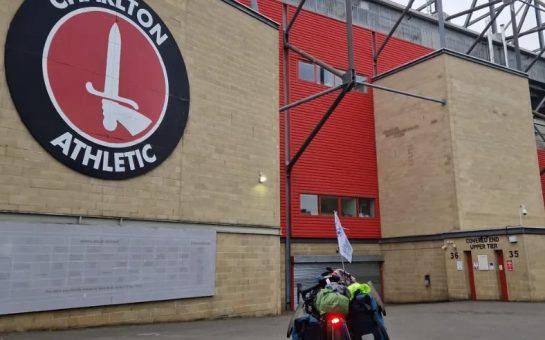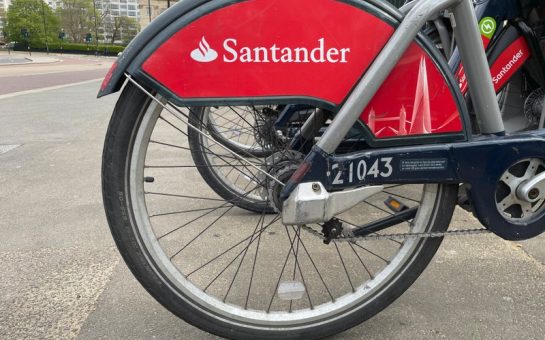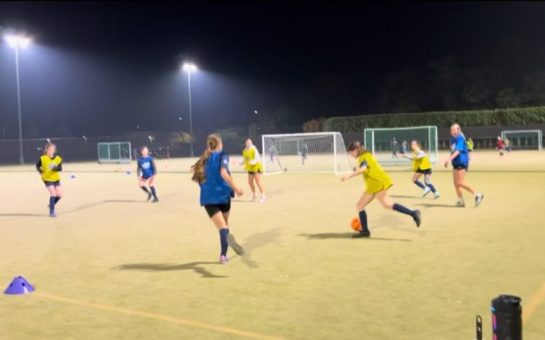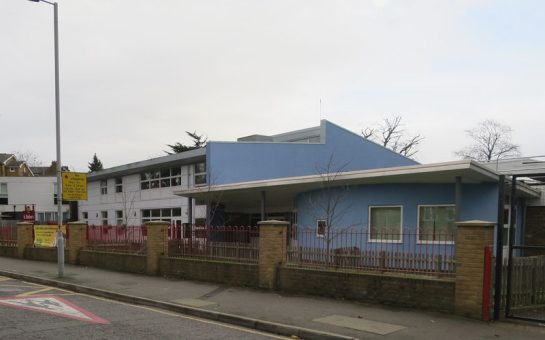Cyclist representatives have called for cars to be eliminated from Richmond Park following The Royal Parks’ Movement Strategy, a six-month traffic scheme initiated in August which sought to reduce cut-through traffic.
Richmond Park Cyclists (RPC), an umbrella group with over 1,000 subscribers representing all cyclists and para-cyclists who use the park, proposed an immediate end to motor traffic through the park at all hours, seven days a week.
The Royal Park’s public consultation with residents, visitors and stakeholders on the traffic trials ended on 10 January.
Paul Harknett, who partly formed RPC three and a half years ago, said: “When the park was closed to through traffic it was a wonderful place to be, and we think it should be like that permanently.
“We think people have enjoyed the experiment and the COVID crisis has given us a glimpse into what the park could look like.”
Traffic was restricted between Broomfield Hill Car Park and Robin Hood Car Park and the vehicle link between Sheen Gate and Sheen Cross was closed.
On weekends all cut-through traffic between Roehampton, Sheen and Richmond Gates was also restricted.
Carl Myhill, a member of London Cycling Campaign who would usually cycle through the park twice a day to get to work, does not take his children there.
He said: “It’s not very pleasant to ride through because of the traffic.
“But the six week period when the park completely shut to cars was fantastic for families. It became like a normal park.”
An FOI request revealed of the 2,500 vehicle trips through Richmond Park in 2015, 12% were seeking a destination in the park and 88% was through traffic.
Residents of the streets surrounding the park argue that their roads cannot cope with the displaced traffic should there be a ban on through movement.
Yet Harknett pointed out that during the winter months, Richmond Park’s vehicle gates shut at around 4pm.
He said: “Why should the park take the burden from them? It’s a place for peaceful enjoyment.”
London Cycling Campaign, an 11,500-strong membership charity, also believes parks are for people not traffic.
Richmond Council requested an extension of the trial period so that an assessment of the measures can be taken after the pandemic.
Councillor Alexander Ehmann, deputy leader of Richmond upon Thames Council and chairman of the Transport and Air Quality Committee wrote a letter to The Royal Parks on 15 January detailing why the extension was requested.
Mathew Bonomi, The Royal Parks’ Head of Transport, said Richmond Park has been an increasingly popular spot for visitors taking their daily exercise.
RPC also noted how a car-free environment meant the number of cyclists increased and the park felt safer.
The Royal Parks will shortly begin analysis of the results which will then inform the next steps of the trial project.
Bonomi said: “We look forward to sharing the outcomes of this analysis as soon as we are able.
“We continue to leave our car parks open for those who need to drive to the parks, but we’re asking people to take personal responsibility for their own protection and for that of others and to stick to the Government guidelines by staying local and leaving their cars behind if they can.”
The Royal Parks is to reach a conclusion this month.
Credit: Richmond Council website.




